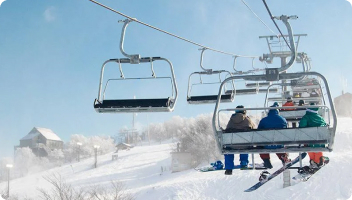Work A Ski Season in China
Discover information on working a ski season in China and browse winter jobs.
View jobs
China’s skiing fields aren’t usually on the hot list for snow chasers and seasonal workers, but if you’re keen to jump in early on a growing industry – combined with steaming dumplings and cold beer – a skiing trip through China could be for you.
With 1.3 billion people and a growing middle class, China is turning its attention to its ski fields as the playing ground of the rich. It’s a relatively new phenomenon, but the Chinese Ski Association estimates there could be up to 20 million ski enthusiasts within China.
However, Japan this is not. The ski resorts in China are mostly nascent operations and still quite underdeveloped. The terrain at most resorts is suited to beginners and intermediates, as you might expect for a sport relatively recently introduced to Chinese people, and you won’t find the huge powder stashes of Japan at Chinese resorts.
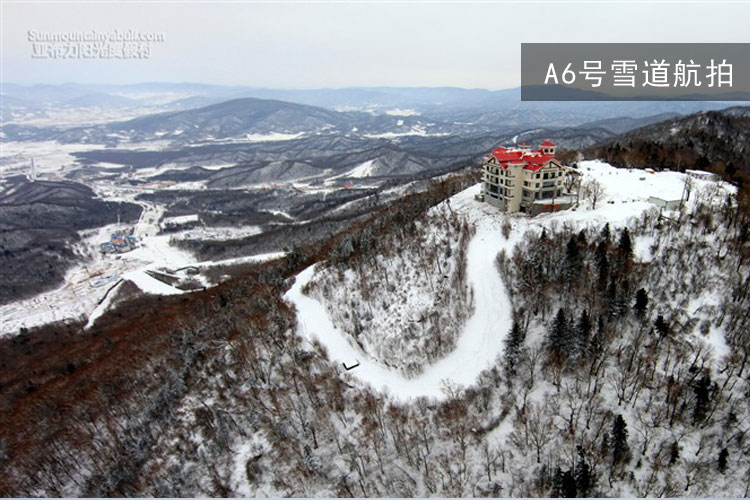
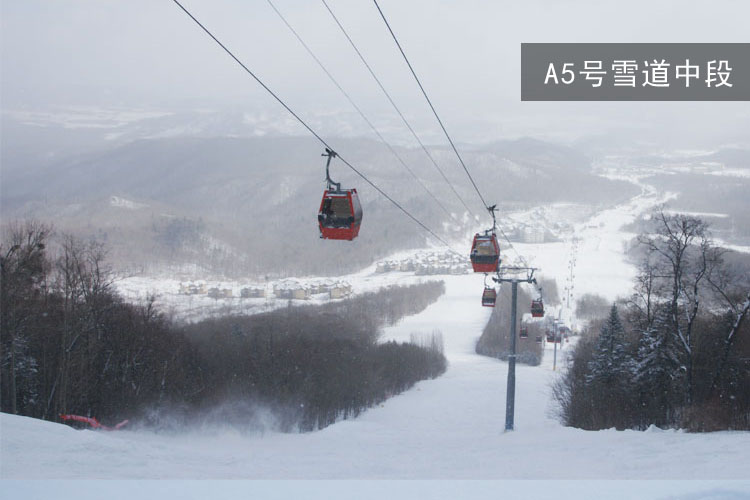
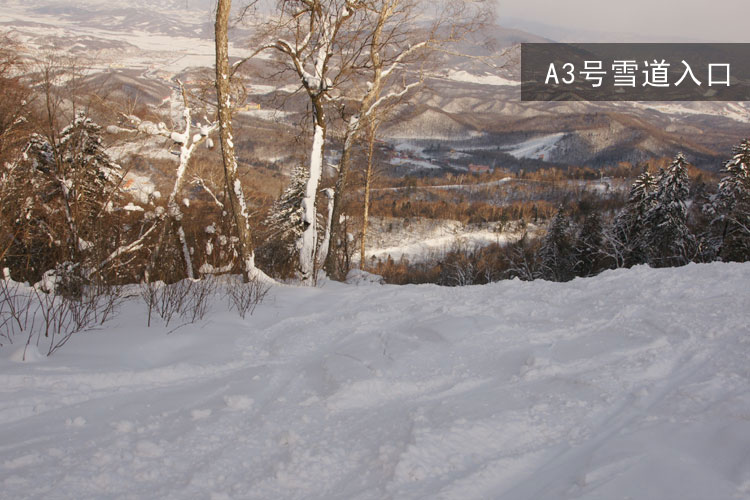
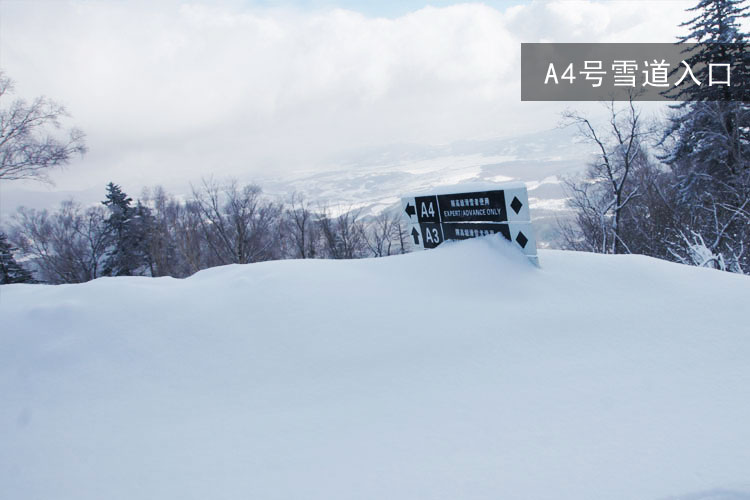
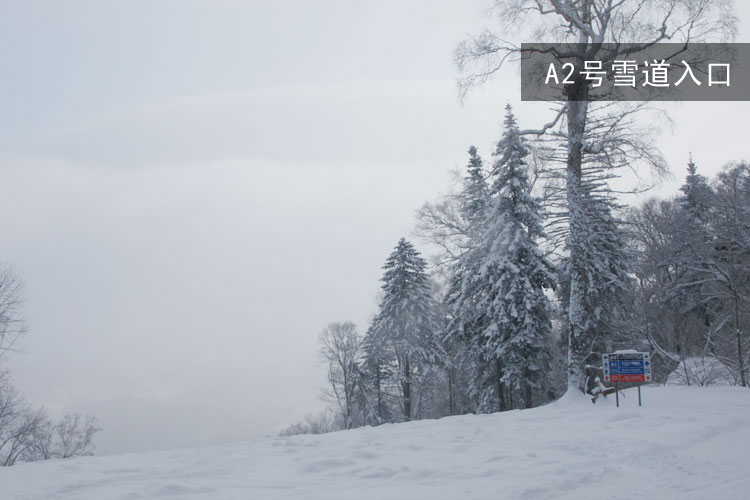
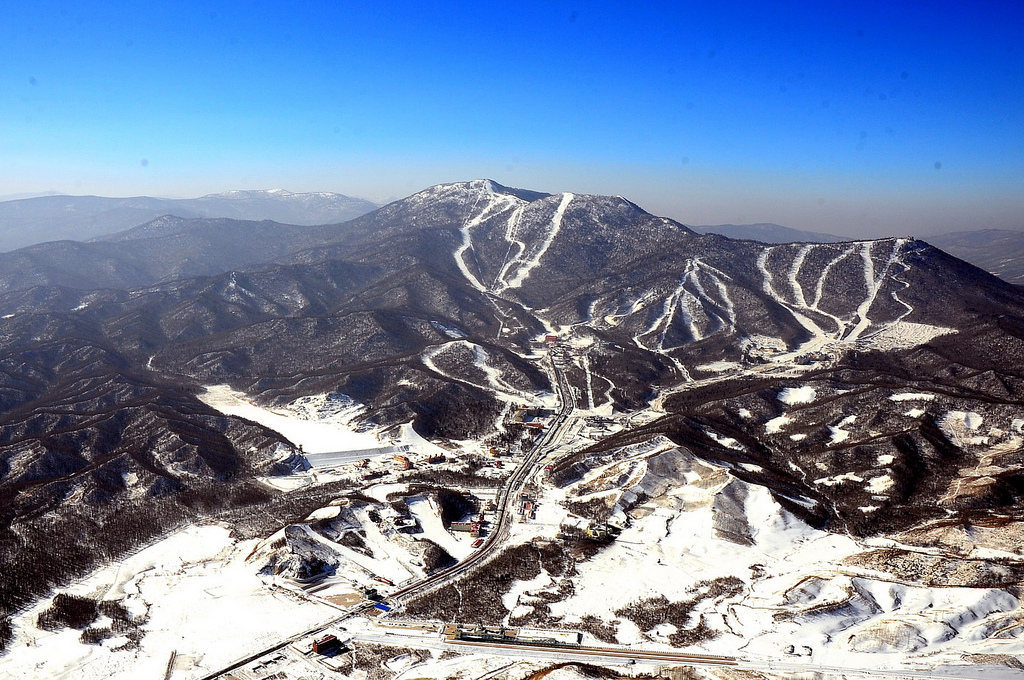
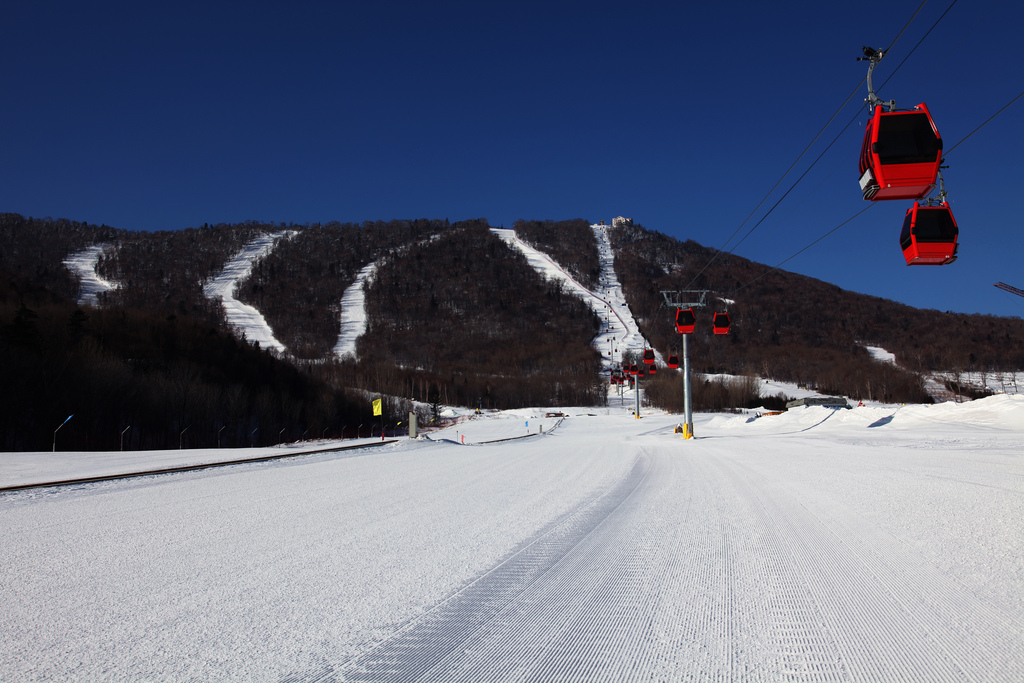
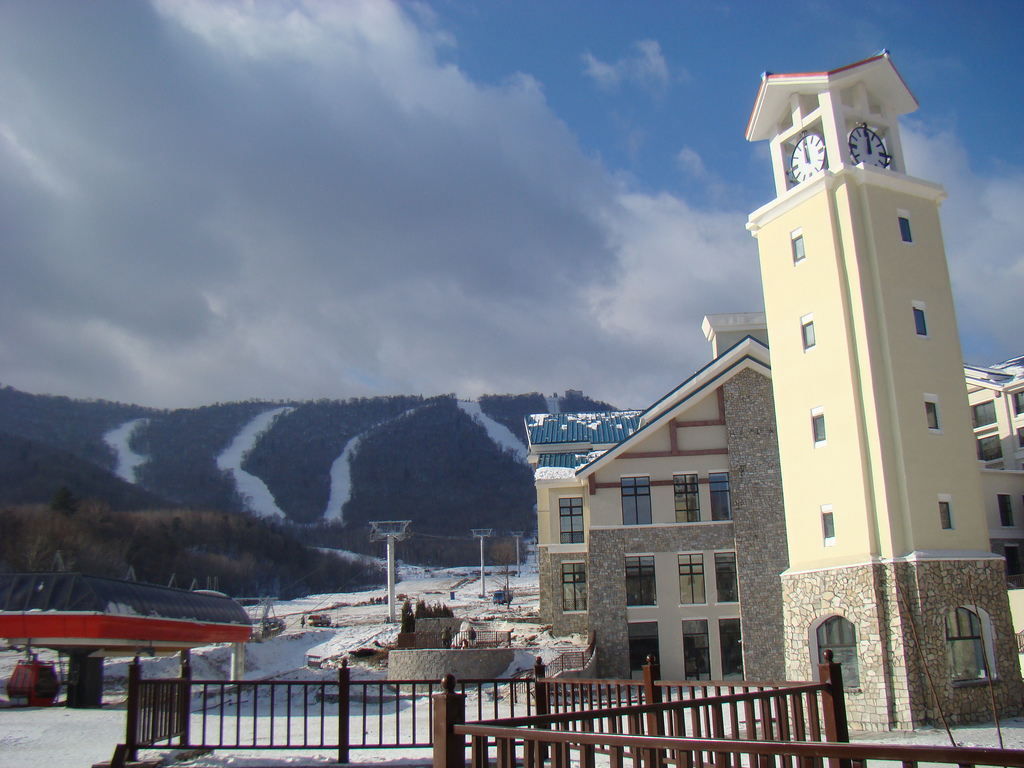
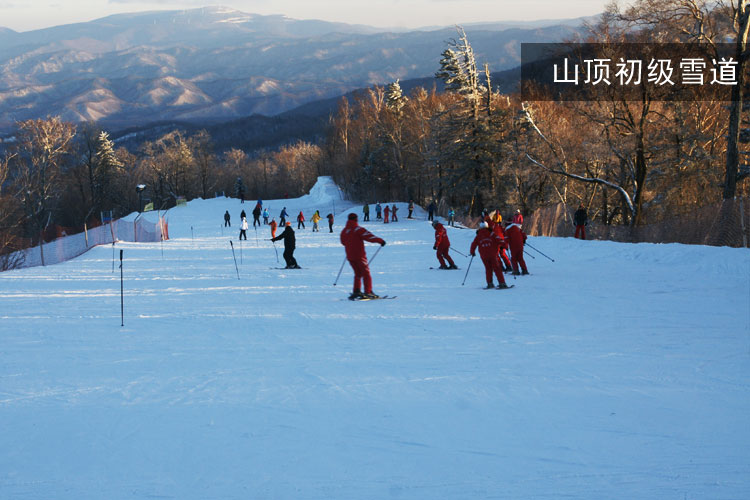
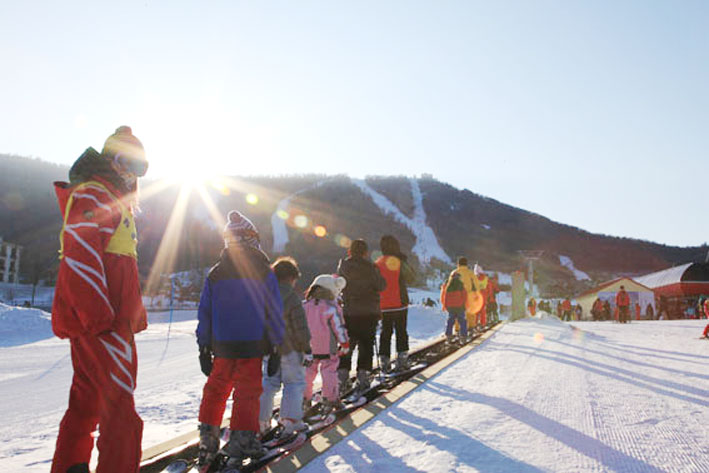
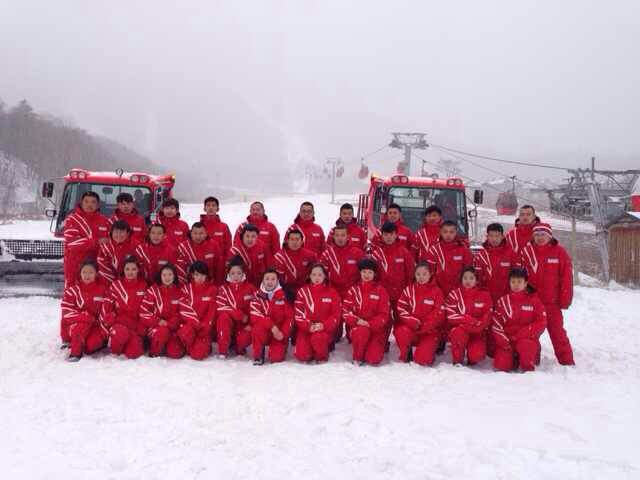
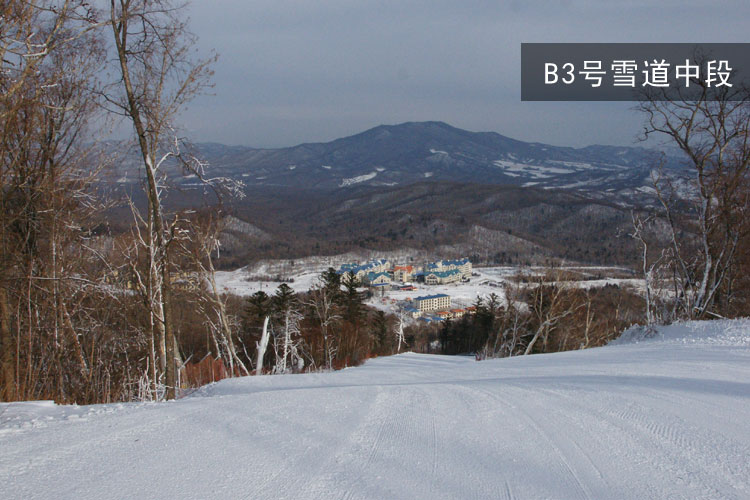
China’s Top 5 Ski Resorts
The longest snow period can be found in Northeast China with an average of 150-200 snow days each year. This includes Harbin and Inner Mongolia, as well as Heilongjiang Province.
Ski resorts can also be accessed from the capital Beijing as well as Jilin and Chengde to the northeast of Beijing.
The top 5 ski resorts in China (4 of which are located in the northeast and one in the southwest) are probably:
- Yabuli ski resort – the most developed and biggest resort in China, home of the Chinese national ski team
- Beijing Huaibei Ski Resort– the largest ski resort close to Beijing
- Beijing Nanshan Ski Resort – the largest resort specialising in terrain parks for snowboarding
- Alshan Ski Resort – another training facility for the Chinese national team
- Xiling Ski Resort – located 120km from Chengdu, the largest resort in the southwest, 7 alpine trails reaching a height of 2400 metres, but built among mountains reaching up to 5,365 metres.
Interestingly, while China has natural powder and slopes, Chinese officials are keen to boost the country’s involvement in winter sports, and government assistance is provided to produce artificial snow and boost a number of resorts.
Snow and Weather
The best time to visit China for skiing is generally during the winter months, from November to April, when most of northern China is covered with snow.
While you’re there, it’s also a great opportunity to check out the rest of the country, as it’s officially the low season for tourism, so the prices and crowds are more manageable.
The snow days and temperatures can differ depending on which resort you visit, so it’s worth checking in with the resort what to expect. However, resorts around the northeast can get up to 6 months of snow a year.
Yabuli, the largest ski resort, usually gets around 6 months of snow days and has an average temperate of more or less -10 Celsius over the winter season.
Finding a Job and Working in China
Finding a job at the slopes may be a challenge for those who don’t speak Mandarin, as domestic tourists are the main visitors to China’s snow fields. If you travel around China (outside of Hong Kong and Shanghai) you’ll probably be surprised by how little English is spoken, so brushing up on some key phrases is a good idea.
The usual way for getting a job at a Chinese Ski Resort is to send an email with your CV and a letter to the manager at the ski resort. The usual time to apply is around August. Some ski resorts will let you do interviews by QQ (China’s Skype).
For foreigners, without a doubt the best option for work is as a ski or snowboard instructor.
Ski and snowboard lessons are highly valued among domestic Chinese skiers coming for a holiday and most Chinese people coming to the resorts will take a lesson during their stay. As a result, even relatively small resorts will hire a large team of ski and snowboard instructors. Many resorts will require you to already have a ski or snowboard instructor certificate.
The major advantages of working as a ski instructor in China as a foreigner include the opportunity to live and embrace Chinese culture, including the delicious Chinese food and drink, and improve your Chinese language skills – a language of growing importance around the world.
International Applicants
Visas
Visas for China are expensive, and it’s recommended to send in your application a month before you expect to leave.
Generally, you obtain a visa to China by sending an application through the Chinese Embassy or Consulate in your country. Check with the official website of that embassy or consulate whether applications are accepted by mail. An application form can easily be downloaded online and a number of accompanying documents are needed, including passport sized photos.
People wanting to work will need to apply for an ordinary visa, category Z. If you’re granted a Z visa, you will need, within 30 days of your entry, to apply to the exit/entry administrations for a foreigner’s residence permits.
Applications for Australian ordinary passport holders should be made through the Chinese Visa Application Service Centres, located in Canberra, Sydney, Melbourne, Perth or Brisbane according to their service areas. Applications can be brought in person, or sent by mail.
Finding Accommodation
The ski resorts are a burgeoning industry, so the variety for accommodation may be limited. Accommodation is mostly designed for short-term tourists at hotels at the ski resorts. There are also a number of sub-let or short-term holiday lettings available at the resorts.
Some ski resorts offer discounted, or free, accommodation to staff, which is a bonus. Accommodation often includes food. For example, food and accommodation are free for staff at Yabuli. Very likely, accommodation will be with up to 8 people per room in dorm style arrangements.
Getting Around China
If you’re new to China, it can be pretty overwhelming. Its size, vibe and sheer volume of people moving about is a very cool and bewildering experience. A dictionary with some key phrases could be your best friend.
Trains
The train is the absolute preferred method of transport around China. The Chinese train network is extensive, and a great way for combining transport and sightseeing. The trains link virtually every town in China, often on high-speed rail.
For long-distance trains, you are able to book trains 60 days before your intended travel date online and up to 58 days in person at the station.
Train tickets do sell-out so it is important to do a bit of forward planning to ensure you can get the ticket you want. Up to 3-4 days in advance is the latest you want to be looking at buying tickets to ensure a seat.
The website for booking trains in China is www.12306.cn/mormhweb/. However, the website is only in Chinese and you need a Chinese credit card to book.
If you are a foreigner and already in China, it is best to go to the station itself to book tickets. Otherwise, it is also possible to book through booking agents designed for foreigners. You will generally need to supply passport details at the time of booking. A couple of booking agents include:
- China Highlights – a generally reliable booking service for foreigners. www.chinahighlights.com/china-trains/
- China DIY travel – a company set up by an Australian born person living in China – www.china-diy-travel.com/en
- China Train Ticket – another company based in China www.china-train-ticket.com/
- International Rail Tickets – If you prefer to buy through a western company, this is a Melbourne, Australia based operation. You will pay more though. www.internationalrail.com.au/other-rail-products/asia-by-rail/china-rail.aspx
Buses
Buses are also a cheap and easy way to access ski fields, with buses leaving from a number of major towns. A couple of ski slopes are easily accessible from Beijing, and day tours can be arranged through some hotels. From Beijing, buses from Dongzhimen Bus Terminal can be taken to both Huaibei Ski Resort and Nanshan. For Huaibei, take the 936 bus, and for Nanshan jump on the 980.
Latest Chinese Job Postings
There are currently no jobs listed for this job type.



